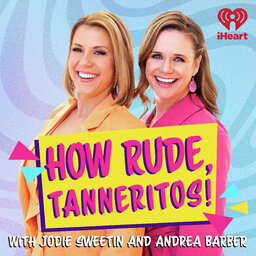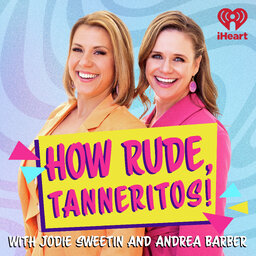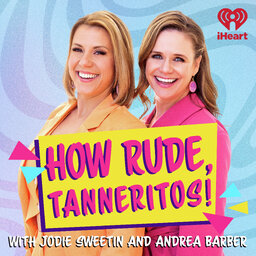Some Time With... Larry Blumenthal (Part 1)
The ladies sit down with their long-time friend and crew member, Larry Blumenthal. Larry was a camera operator on both Full House and Fuller House, and the bond these three have created will undoubtedly last a lifetime.
Larry's extensive list of credits include camera operator, composer, and director of photography. The love that Larry has for the work he's done, especially in regard to Full & Fuller House, is undeniable. Don't be surprised if you're wiping away a few tears after this heart-warming interview on How Rude, Tanneritos!
 How Rude, Tanneritos!
How Rude, Tanneritos!


